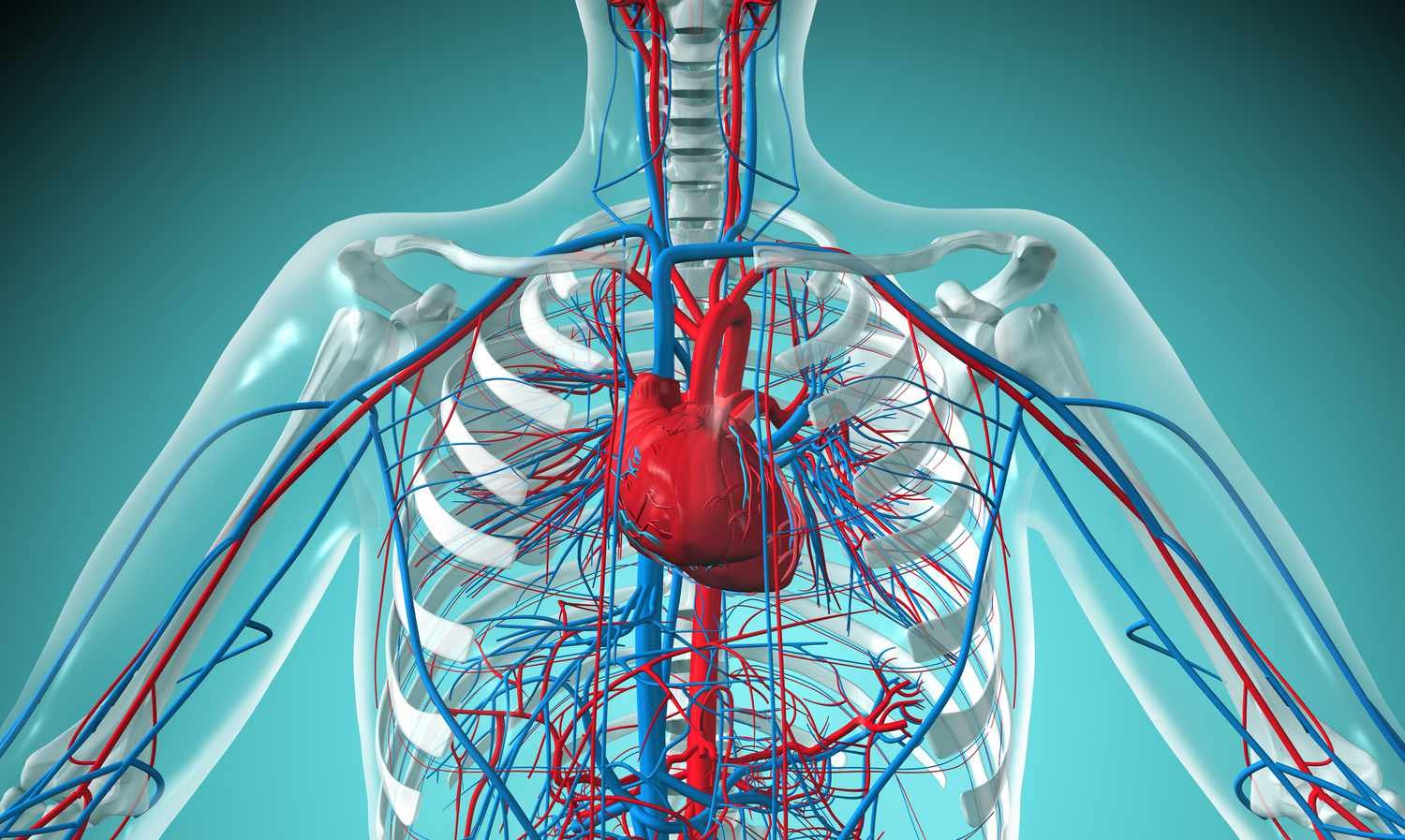Drug Affecting Body System: Immunosuppressive Agents – This book covers the entire syllabus of “Pharmacology” prescribed by BNMC- for diploma in nursing science & midwifery students. We tried to accommodate the latest information and topics. This book is an examination setup according to the teachers’ lectures and examination questions.
At the end of the book, previous questions are given. We hope in touch with the book students’ knowledge will be upgraded and flourish. The unique way of presentation may make your reading of the book a pleasurable experience.
Drug Affecting Body System: Immunosuppressive Agents
Immunosuppressive drugs or immunosuppressive agents or antirejection medications are drugs that inhibit or prevent activity of the immune system. Immunosuppressant drugs are a class of drugs that suppress, or reduce, the strength of the body’s immune system.

Some of these drugs are used to make the body less likely to reject a transplanted organ, such as a liver, heart, or kidney. These drugs are called antirejection drugs. Other immunosuppressant drugs are often used to treat autoimmune disorders such as lupus, psoriasis, and rheumatoid arthritis. If our doctor has prescribed an immunosuppressant medication for us, here’s what to know about what these drugs do, how they work, and how they might make we feel.
Immunosuppressive agents
Immunosuppressive drugs are drugs or medicines that lower the body’s ability to reject a transplanted organ. Another term for these drugs is anti-rejection drugs.
Or,
Immunosuppressive drugs or immunosuppressive agents or antirejection medications are drugs that inhibit or prevent activity of the immune system.
Classification
➤ Corticosteroids
- Prednisone (Deltasone, Orasone)
- Budesonide (Entocort EC)
- Prednisolone (Millipred)
➤ Janus kinase inhibitors
- Tofacitinib (Xeljanz)
➤ Calcineurin inhibitors
- Cyclosporine (Neoral, Sandimmune, SangCya)
- Tacrolimus (Astagraf XL, Envarsus XR, Prograf)
➤mTOR inhibitors
- Sirolimus (Rapamune)
- Everolimus (Afinitor, Zortress)
➤ IMDH inhibitors
- Azathioprine (Azasan, Imuran)
- Leflunomide (Arava)
- Mycophenolate (CellCept, Myfortic)
➤ Biologics
- Abatacept (Orencia)
- Adalimumab (Humira)
- Anakinra (Kineret)
- Certolizumab (Cimzia)
- Etanercept (Enbrel)
- Golimumab (Simponi)
- Infliximab (Remicade)
- Ixekizumab (Taltz)
- Natalizumab (Tysabri)
- Rituximab (Rituxan)
- Secukinumab (Cosentyx)
- Tocilizumab (Actemra)
- Ustekinumab (Stelara)
- Vedolizumab (Entyvio)
➤Monoclonal antibodies
- Basiliximab (Simulect)
- Daclizumab (Zinbryta)
Mechanism of Action
Glucocorticoids suppress the cell-mediated immunity. They act by inhibiting genes that code for the cytokines Interleukin 1 (IL-1), IL-2, IL-3, IL-4, IL-5, IL-6, IL-8, and TNF-alpha, the most important of which is IL-2. Smaller cytokine production reduces the T cell proliferation. Glucocorticoids also suppress the humoral immunity, causing B cells to express smaller amounts of IL-2 andIL-2 receptors. This diminishes both B cell clone expansion and antibody synthesis.

Side effect:
Side effects vary greatly for the many different immunosuppressant drugs available. To find out the side effects we may be at risk for, ask our doctor or pharmacist about the effects of our particular drug.
However, all immunosuppressant drugs carry the serious risk of infection. When an immunosuppressant drug weakens our immune system, our body becomes less resistant to infection. That means they make us more likely to get infections. It also means that any infections get will be harder to treat.
If we have any of these symptoms of infection, call our doctor right away:
- Fever or chills.
- Pain in the side of our lower back.
- Trouble urinating.
- Pain while urinating.
- Frequent urination.
- Unusual tiredness or weakness
